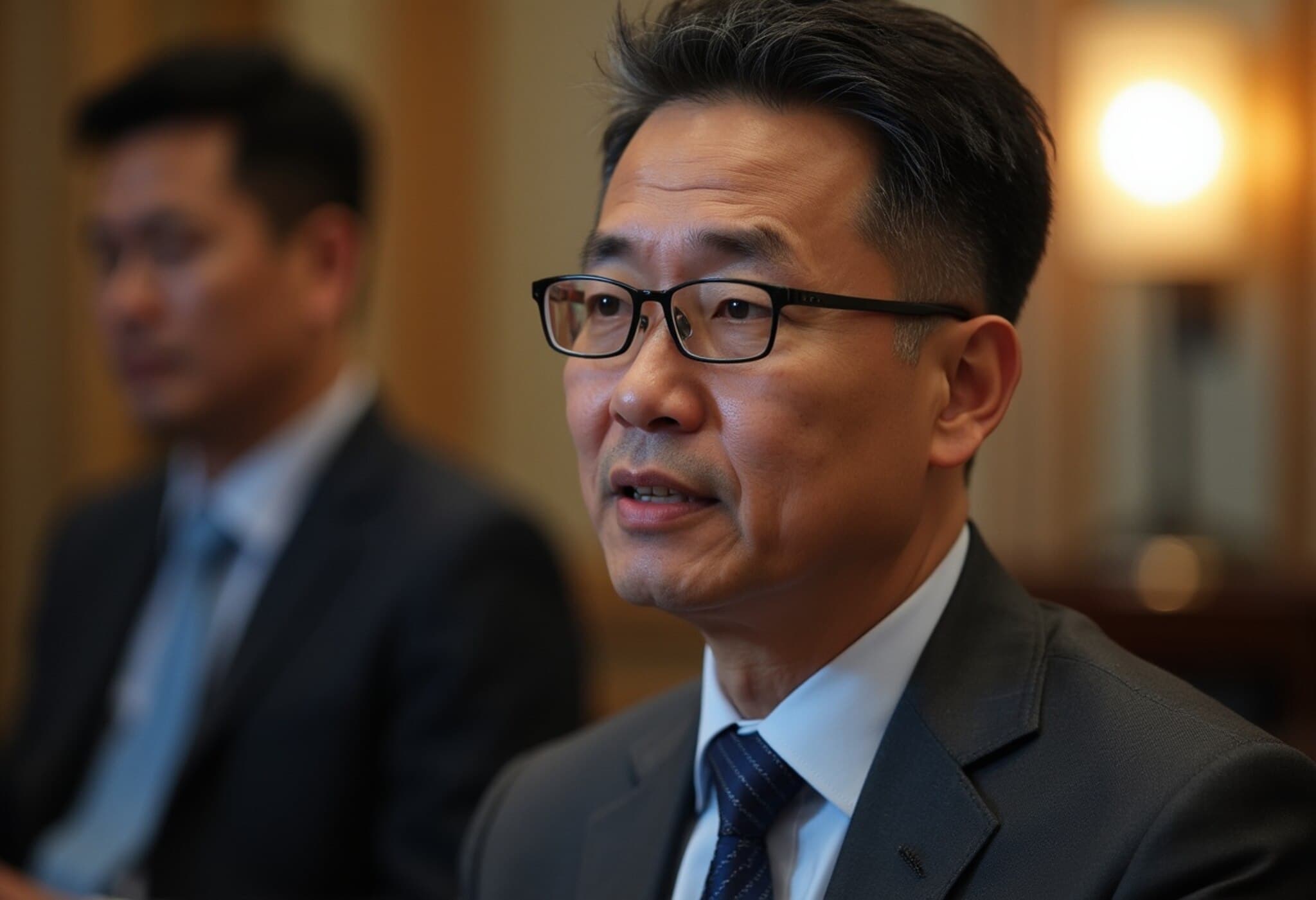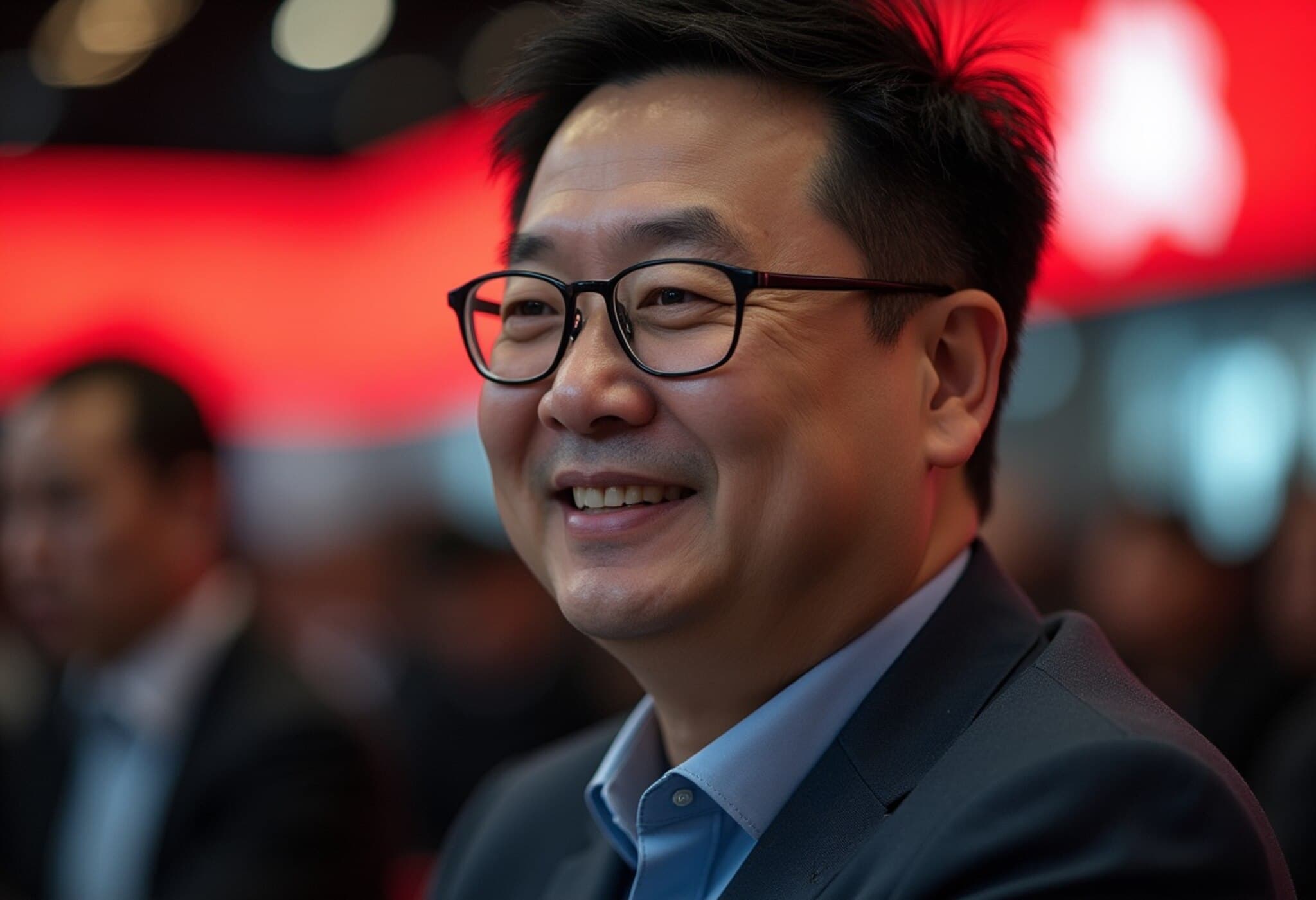Indonesia’s Former Trade Minister Sentenced for Sugar Import Corruption
In a significant verdict that underscores Indonesia’s ongoing battle against corruption, a Jakarta court has sentenced Thomas Trikasih Lembong, the former Indonesian trade minister, to four and a half years in prison. This conviction follows allegations that Lembong unlawfully granted private companies import permits for sugar, resulting in massive losses to the state treasury.
Details of the Verdict and Charges
Judge Purwanto S. Abdullah, presiding over the corruption court, stated that Lembong was "legally and convincingly" proven guilty of corruption, based on evidence presented. Prosecutors highlighted that the illicit sugar import permits led to state losses estimated at nearly 600 billion rupiah (£21 million). Although prosecutors had pursued a seven-year prison term, the court opted for a reduced sentence, citing that Lembong personally did not benefit financially from the permits.
Context: Indonesia’s Sugar Market and Import Regulations
Experts point out that in 2015, the crux of the controversy, Indonesia produced approximately 2.49 million tonnes of sugar, surpassing domestic consumption, which stood at around 2.12 million tonnes. This domestic surplus raises critical questions about the necessity and appropriateness of authorizing additional sugar imports. The court found that Lembong’s permits disregarded this fact, breaching official procedures and overlooking broader economic and social considerations.
Political Underpinnings and Reactions
Lembong served as trade minister during President Joko Widodo’s first term (2015–2016). Since leaving office, he has been an outspoken government critic and took an active role in opposition politics, notably managing the 2024 electoral campaign for Anies Baswedan, who was defeated by Prabowo Subianto. Notably, Lembong’s arrest occurred within days of Prabowo assuming the defense minister post, raising speculation about possible political motivations behind the charges.
In court, Lembong challenged the verdict’s impartiality, lamenting that his defense team’s arguments were overlooked. “I will consider whether to appeal,” he said, his hands cuffed, signaling his intention to contest the decision. His lawyer has declined to comment publicly.
Legal and Economic Implications
- Judicial Reasoning: The judges condemned Lembong for prioritizing capitalistic interests over social justice, emphasizing that he bypassed mandatory consultations with relevant state bodies.
- Policy Lessons: This case exposes vulnerabilities in Indonesia’s trade regulation framework, illustrating how administrative discretion without adequate oversight can lead to significant economic losses.
- Broader Governance Concerns: The sentencing sends a strong message about the government’s commitment to rooting out corruption, although the intertwining of politics and judicial proceedings leaves observers questioning the extent of judicial independence.
Expert Analysis: What Lies Ahead?
From an economic policy perspective, the decision highlights a critical tension in emerging markets like Indonesia between protecting domestic producers and managing import dependencies. Agricultural sectors, such as sugar production, are often politically sensitive. Unchecked import permits can undercut local farmers, exacerbate unemployment, and disrupt rural economies.
Legal experts caution that while the case underscores Indonesia’s anti-corruption resolve, it also underscores the need for transparent regulatory frameworks and safeguards against politicization of anti-corruption efforts.
Conclusion and Next Steps
Lembong retains the right to appeal this ruling to a higher court, and such an appeal will be closely monitored for its legal and political ramifications. Meanwhile, the wider public and international observers will watch carefully how Indonesia balances anti-corruption efforts, fair trade policies, and political stability in the months ahead.
Editor’s Note
Beyond the immediate legal outcome, this case opens up essential discussions about governance, transparency, and the delicate interplay between economic policymaking and political rivalries in Indonesia. As the archipelago nation seeks to build investor confidence and sustainable growth, rooting out corruption remains pivotal—but so does ensuring that justice is impartial and policy decisions prioritize the public good.













